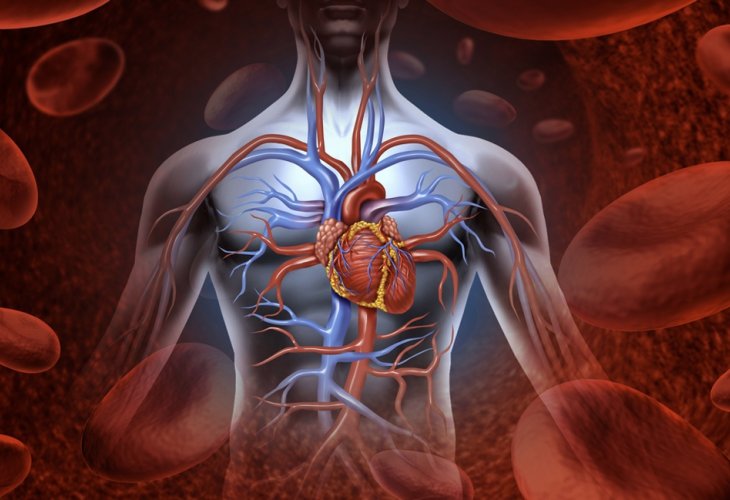Wonders of Creation
10 Amazing Facts About the Human Body You Probably Didn’t Know
From the miracle of cell development to fingerprints, heart power, and the hidden role of bacteria — discover the wonders of the human body’s design
 (Photo: Shutterstock)
(Photo: Shutterstock)The human body is an intricate and sophisticated “machine.” It contains different systems including the digestive system, the circulatory system, the respiratory system, and others. It has a network of “levers” we call muscles, and finely tuned senses that perfectly suit human life. All of these, working together, seem to declare: “Lord, who is like You!”
1. The Miracle of Human Development
Human life begins from a single cell. This cell divides again and again, eventually forming hundreds of different types of cells. These cells are capable of producing about 50,000 different proteins, which together create the tissues of the human body.
Only a few days later, clusters of cells join into layers, sheets, and tubes. During the first weeks of pregnancy, they begin to move into their designated places: the eye forms precisely where it must, the pancreas appears exactly where it belongs, and the heart begins to beat by the fourth week. By the third month, the developing brain already responds to the body’s growing organs.
Nine months after that first cell, the result is 25 trillion cells working together — cells that will jump, run, dance, sing, cry, and make up the greatest wonder of creation: the human being.
2. The Brain Is Mostly Water
Did you know that 80% of brain tissue is water? Next time you’re dehydrated, remember that drinking water keeps your brain from drying out.
3. The Brain Works Harder at Night
Studies show that the human brain is actually more active at night than during the day — a phenomenon scientists still cannot fully explain.
4. Millions of Bacteria on Your Skin
Every square centimeter of human skin hosts about 15 million bacteria. Most of them are harmless, and many even help keep you healthy.
5. The “Small” Intestine Isn’t Small at All
The most twisted organ in the body is the small intestine. Despite its name, it’s about four times the length of an average person’s height. Its many folds are the only way such a long organ can fit inside your abdomen.
6. The Blink of an Eye
On average, people blink about 12 times per minute. Blinking protects the eye and keeps it moist and clean.
7. Your Lungs Are Full of Life
Each lung contains 300–400 million tiny air sacs. Together, they allow us to inhale and exhale about 20,000 times every day.
8. Fingerprints Form Before Birth
Fingerprints appear in the third month of pregnancy and usually remain unchanged for life. However, rare cases show that chemotherapy patients sometimes lose or alter their prints. Remarkably, fingerprints are among the last features to disappear after death.
9. Knees Carry the Weight
The human knee bears most of the body’s weight. It contains 15 ligaments and muscles, working in parallel and in cross formation. Meanwhile, the femur (thigh bone) is the strongest bone in the body, even though it’s hollow.
10. The Power of the Heart
The human heart works under immense pressure. It can squirt blood nearly 30 feet (9 meters) high! The heart never stops beating, which is also why it is the only organ in the body that does not develop cancerous tumors. At every moment, the heart pumps blood upward, against gravity to the brain, while also sending it downward to the rest of the body.
The human body is not just a marvel of biology, but a living testimony to complexity, design, and resilience.

